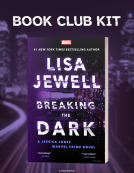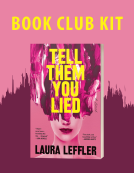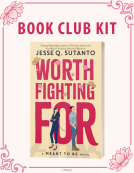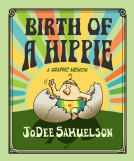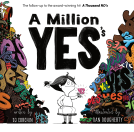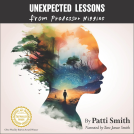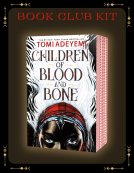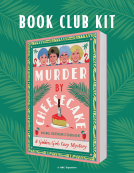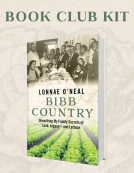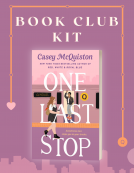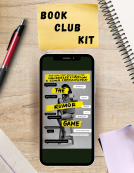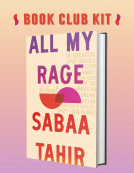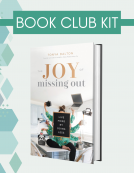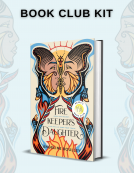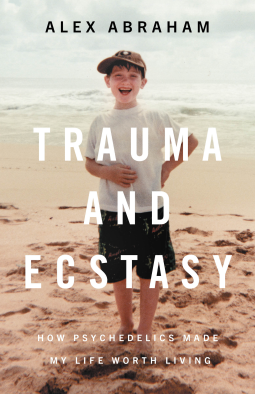
Trauma and Ecstasy
How Psychedelics Made My Life Worth Living
by Alex Abraham
This title was previously available on NetGalley and is now archived.
Send NetGalley books directly to your Kindle or Kindle app
1
To read on a Kindle or Kindle app, please add kindle@netgalley.com as an approved email address to receive files in your Amazon account. Click here for step-by-step instructions.
2
Also find your Kindle email address within your Amazon account, and enter it here.
Pub Date 3 Dec 2024 | Archive Date 31 Aug 2025
Scribe Media | Psychedelic Pathways
Description
Forget everything you think you know about psychedelics. They’re not punchlines. They’re not party favors for aging hippies. Instead, as Alex Abraham discovered, they are an innovative approach that can help heal trauma and chronic pain.
Trauma and Ecstasy takes a long, hard look at pain, from the sudden unexplained pelvic floor discomfort that afflicted Alex at the end of a trip abroad to the deeply rooted anxiety and shame of a childhood robbed of innocence. In this powerful and courageous memoir, Alex takes you on his journey of healing from sexual abuse while searching for answers to his health issues that traditional medicine failed to explain or treat.
Trauma and Ecstasy is quite likely the most engaging, honest, and compelling memoir of surviving childhood sexual trauma you’ll ever read. It offers the hope of real help for healing from the emotional and physical aftermath of abuse and chronic pain.
Available Editions
| ISBN | 9781544541563 |
| PRICE | |
Available on NetGalley
Average rating from 12 members
Readers who liked this book also liked:
We Are Bookish
General Fiction (Adult), Mystery & Thrillers, Sci Fi & Fantasy
We Are Bookish
General Fiction (Adult), Mystery & Thrillers
We Are Bookish
General Fiction (Adult), Romance
Patti Smith
Humor, Nonfiction (Adult), Parenting, Families, Relationships
We Are Bookish
Sci Fi & Fantasy, Teens & YA
We Are Bookish
General Fiction (Adult), Mystery & Thrillers
We Are Bookish
General Fiction (Adult), New Adult, Romance
We Are Bookish
Biographies & Memoirs, History, Nonfiction (Adult)
We Are Bookish
Multicultural Interest, Mystery & Thrillers, Teens & YA
We Are Bookish
Multicultural Interest, OwnVoices, Teens & YA
We Are Bookish
Business, Leadership, Finance, Nonfiction (Adult), Self-Help
We Are Bookish
Mystery & Thrillers, OwnVoices, Teens & YA
